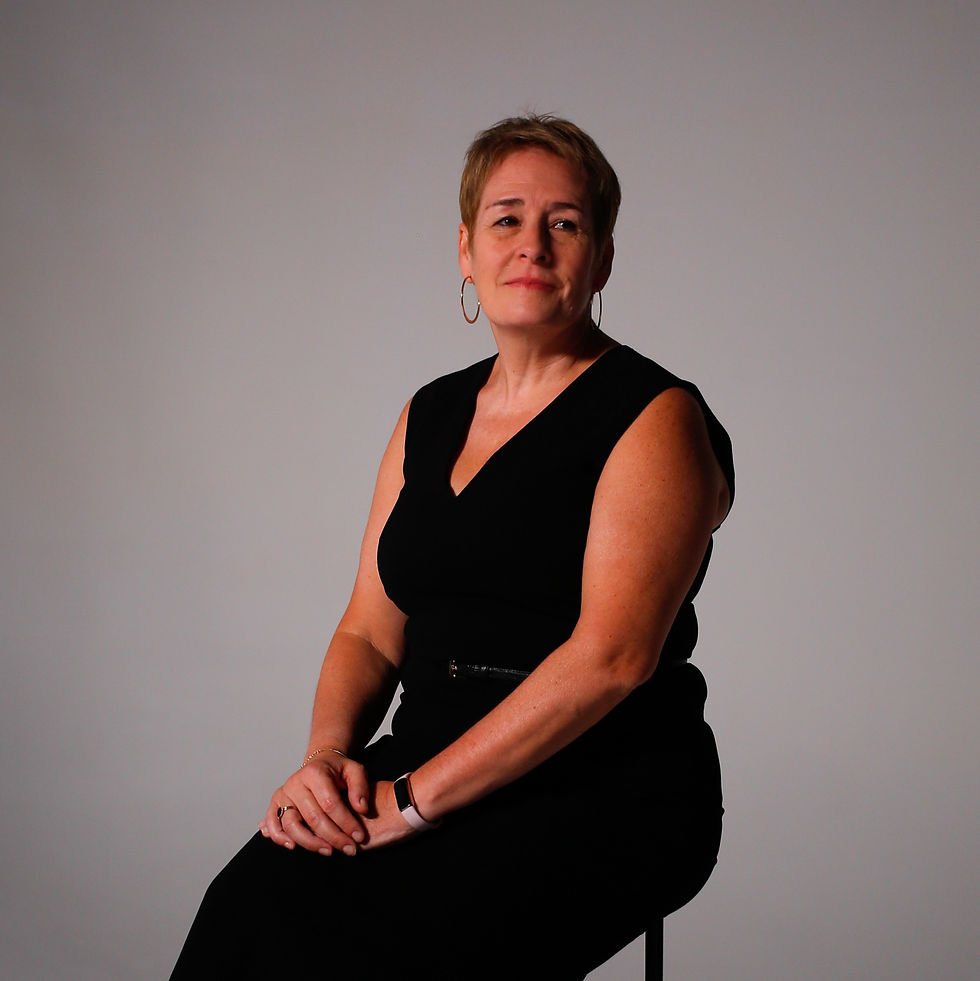Interview with ABD Architecture LLC
- DAA - Design Award Agency

- Nov 14, 2022
- 3 min read
Updated: Nov 17, 2022
What made you decide to become a designer?
It’s always been a dream of mine to become an architect.
I studied structural engineering and graduated with a master's in civil engineering. But, in France, architecture and engineering are two separate worlds that interface (and often clash) on construction projects, and very few colleges propose a double curriculum.
In Japan, on the other hand, many architects have a technical background. By studying hard enough I was able to get my architect’s license in 2012 while working as a project manager for luxurious villas, hotel and resort developments in Niseko, Hokkaido Japan.
I started my own architectural and project management practice in 2020, in the middle of Covid. Can you tell us more about your design background? I have a scientific and technical background. I also worked as a construction control engineer in France. So my strong points are structural engineering, regulation, and whatever is technical and requires engineering (BIM, acoustic, mechanical engineering).
I have also been involved in many resort master plans and I have a good knowledge of the Japanese's regulation and approval processes.
I really only designed a few buildings before starting my practice, but I had the opportunity to works on many different types of projects in the past in a different capacity, from high schools to mosques to warehouses.
Now, what I really want to be doing is designing luxurious villas for a select Asian clientele.
How do you stay inspired and keep coming up with creative ideas? I am an intuitive thinker, so I tend to take on a lot of information and try to put some meaning in the concept. Strangely enough, I am not bound to a design style.
What does good design mean to you? For me, good design is lasting, timeless design, and holistic approach. Something that really fall into place. What I would really hate is to see one my projects a few years after completion and have regrets.
What is the most challenging thing in your profession? I guess it's reading the client's untold needs, desires and expectations. It's difficult to design something based on unexpressed requirements. Working in Japan is another issues. Whatever is outside of the standard construction methods and products become quickly more expensive than other developed countries, and it's difficult to explain to the client.
Please, explain the best project you are most proud of and why. For the moment, it's our award winning Ice & Fire Chalet. It was the first time we produced a concept with a complete presentation and in-house renderings and I am proud of the result.
What is your biggest design career moment? How does this milestone impact your career? I guess it was to move from a technical career (engineer/ project manager) to a more artistic and imaginative career (architect). Establishing my own practice was also a huge step, as for the first time, you really have to work about things you didn't care about, like marketing, hiring and accounting. Although the hiring part can be a struggle, as it depends on other people, the other aspects of the business management are actually quite fun.
How do you learn and grow your knowledge and design skills? I personally enjoy reading and learning. I have never stopped and will never stop.
I passed my Japanese architect's license as a hobby, while working. I also passed 2 years ago my Japanese real estate license. I also have interest for languages: English, Japanese Chinese. Leaning is part of my DNA.
As for design, this is a never ending process. Nowadays, however, I believe that architects with skills in BIM and visualization software will have a competitive advantage, as the skills create a bridge between the builders and engineers (technical) to the client (emotional).
What would you say will be future of design? I strongly believe really sustainable buildings are required.
Humankind only started its industrial revolution circa 200 years ago and it's already depleting resources at a phenomenal rate. We will have to get back to the basic reusable (steel) or renewable (timber) materials, and reduce as much as possible other materials, as well a energy consumption. What are your career plans for the future? We are a new practice, so we can only hope we will be successful and grow to do bigger and more interesting projects with a growing team of talented people.
Where can people find your projects and get in touch with you? Our website: www.abd-architecture.com








Comments